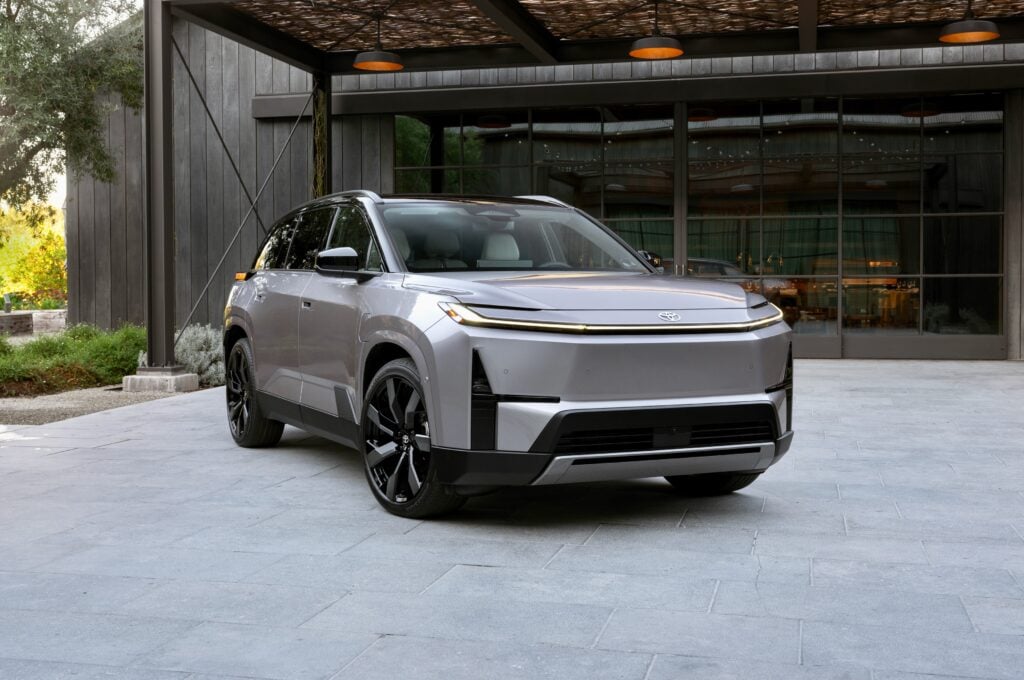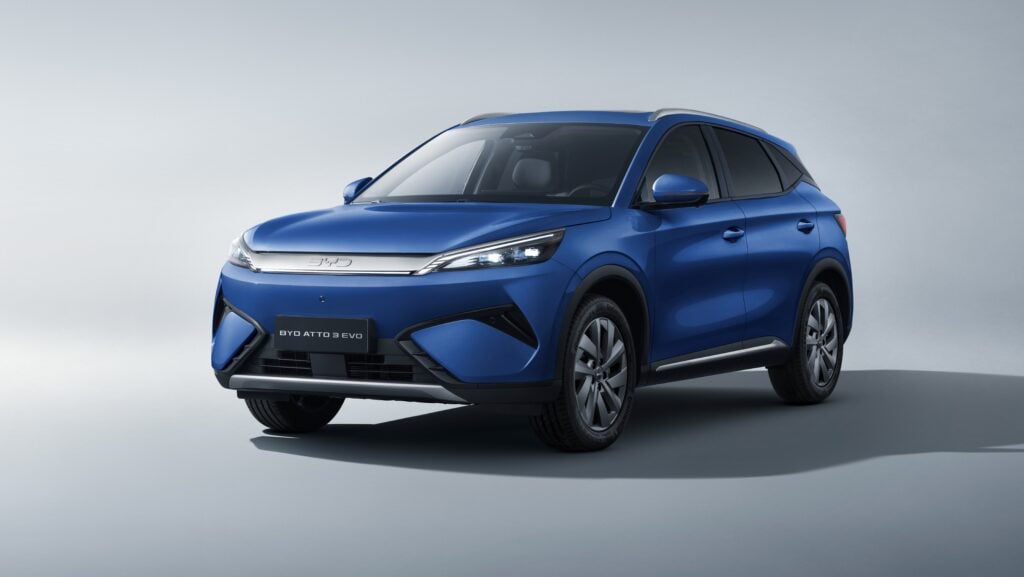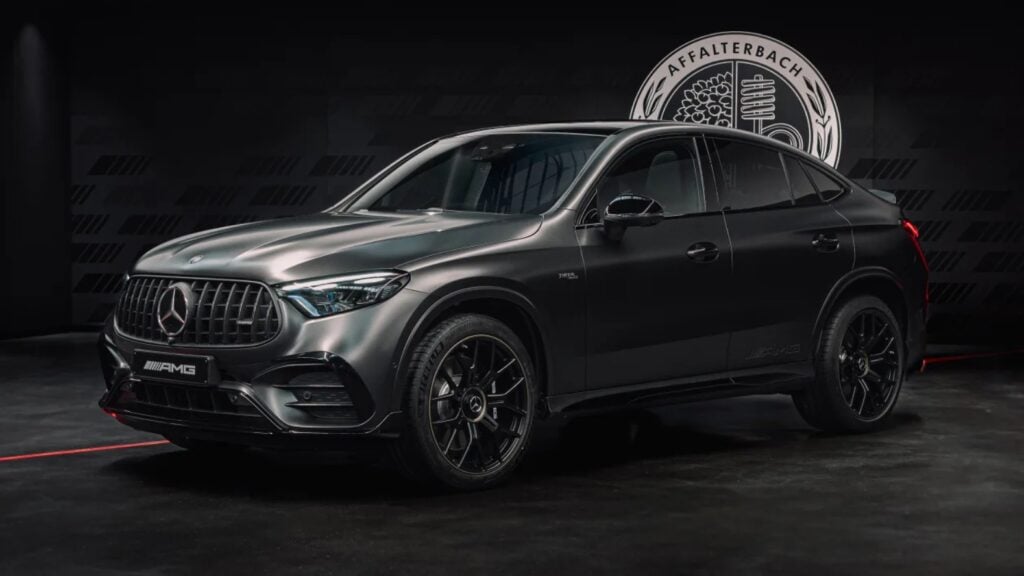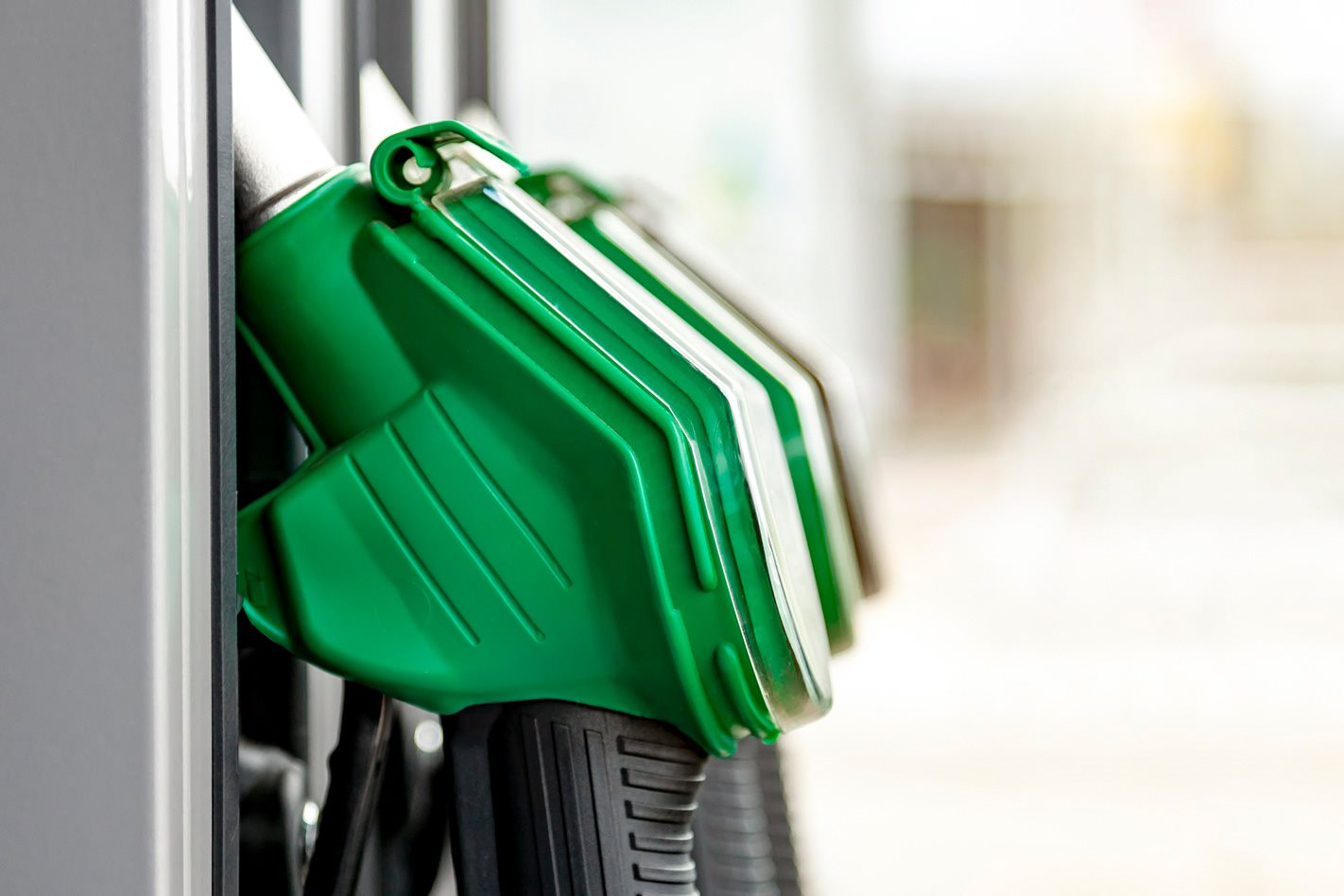
Snapshot
- BEVs saved 6-billion litres of fuel between 2011 to 2021 in the USA
- Americans saved $1.9 billion in fuel costs last year by opting for a BEV or PHEV
- Fuel prices continue to climb, dropping u2018break evenu2019 EV point
The US Department of Energy has found that battery-electric vehicles (BEVs) saved 1.8-billion litres of fuel last year in the States alone – which shockingly equates to just one day’s worth of fuel supply, or 72 olympic swimming pools worth.
The study also found that 3.7-billion kilograms of carbon dioxide (CO2) tailpipe emissions were prevented by 458,000 buyers opting for BEVs over the same period.
In the decade since 2011, BEVs have saved a total of six-billion litres of fuel and prevented almost 12-billion kg of CO2 pollutants from entering the atmosphere.
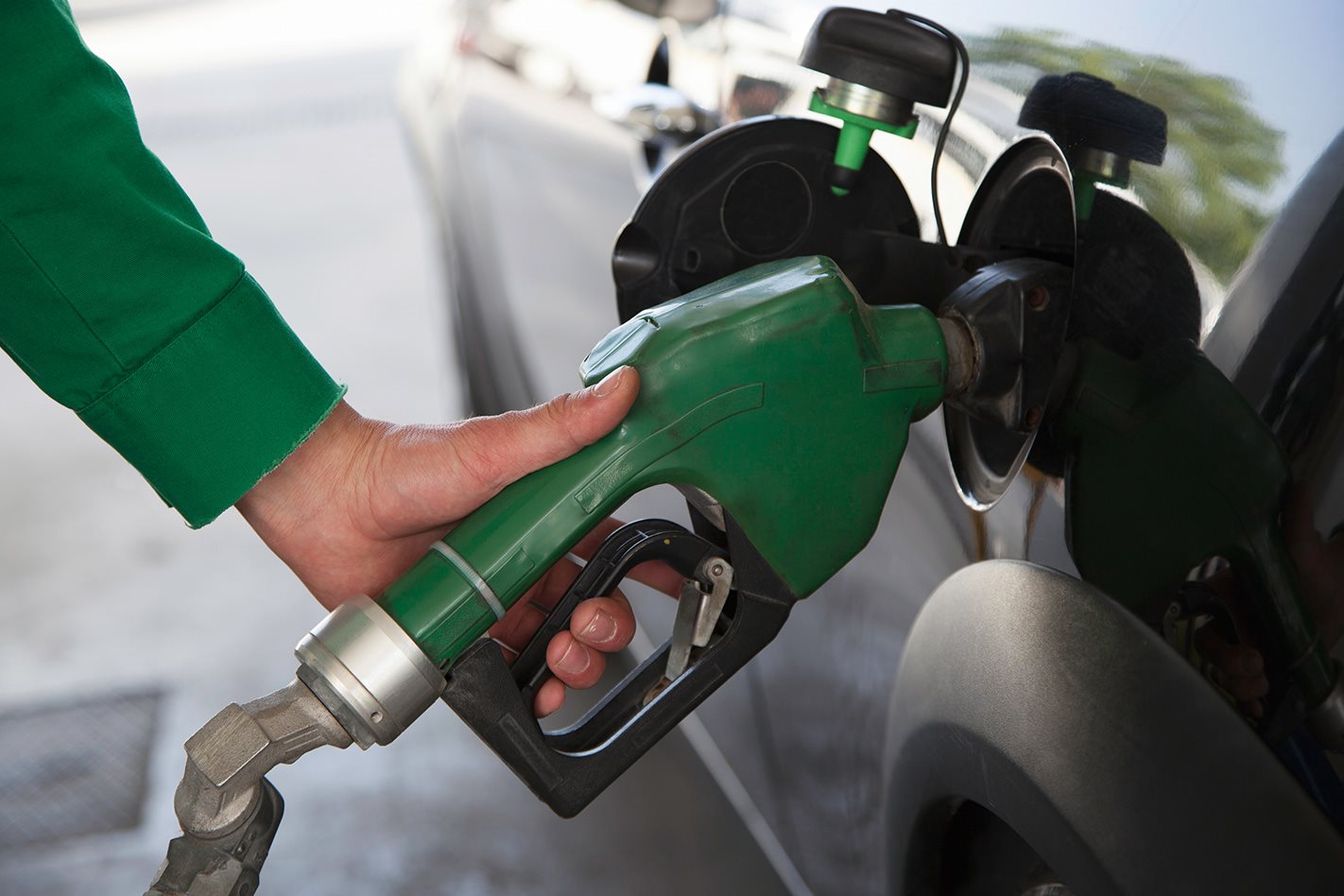
Plug-in hybrid electric vehicles (PHEVs) – which use an internal combustion engine and battery-powered electric motor – saved around 794-million litres of fuel and reduced CO2 exhaust emissions by 1.8-billion kg from 176,000 PHEV sales in 2021.
By switching to EVs, car buyers dropped US national gasoline consumption by 0.54 per cent last year and therefore estimates American consumers saved A$1.9 billion in fuel costs.
The Biden government passed the Inflation Reduction Act in August, requiring electric car models to be assembled in the US and have at least 40 per cent of battery minerals sourced domestically or from free trade partners by 2024 in order to qualify for a US$7500 EV tax credit.
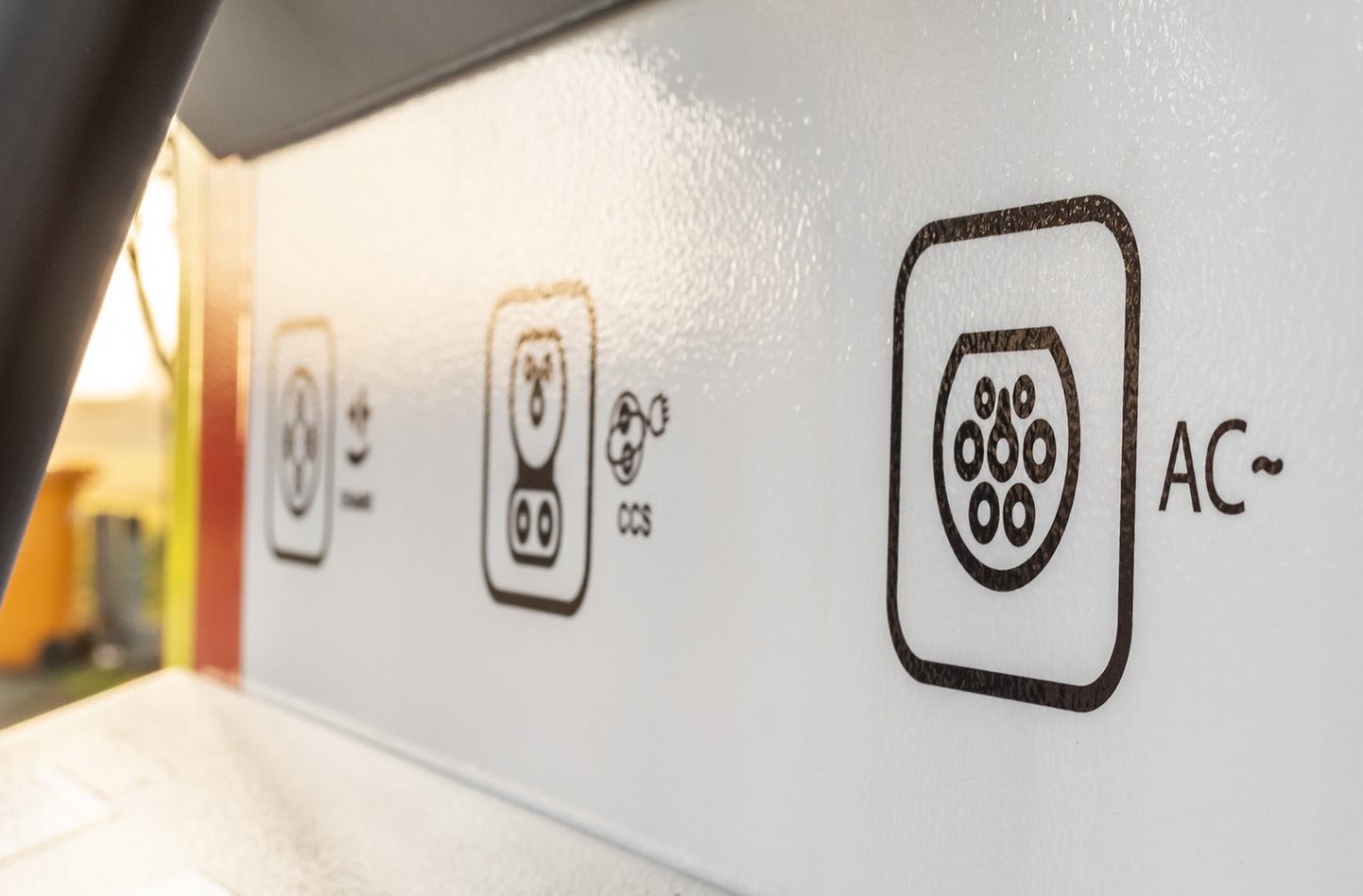
Fuel prices have skyrocketed this year, partly to do with Russia’s war on Ukraine sparking geopolitical sanctions on the aggressor, which is the world’s largest oil exporter. Although Australia refines oil locally, much of it is exported to other countries in Asia.
As COVID-19 restrictions were lifted in most parts of the world this year, there was more demand for mobility which contributed to higher petrol prices. Currently, the cheapest Unleaded E10 petrol averages at around $2.00 per litre across the nation.
Although electric cars are often more expensive to buy upfront, they are cheaper to own and run and the premium is eventually recouped over time – despite increasing electricity costs.

The Australian federal government recently put its electric car discount policy into legislation, which abolishes the fringe benefits tax (FBT) for EVs in fleets or novated leases and removes the import tax for countries that don’t already have free trade agreements in place like Europe.
So far to the end of October, 23,869 new passenger and light commercial EVs have been sold, which represents a 492 per cent spike compared to the same period in 2021. It’s led by the Tesla Model 3 sedan and recently launched Model Y crossover.
We recommend
-
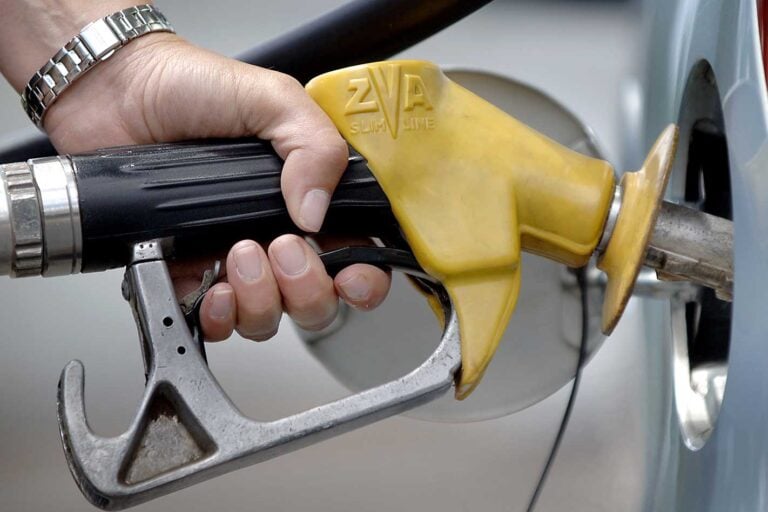 News
NewsAustralian average fuel prices hit all-time high
We're not far away from passing 180 cents per litre
-
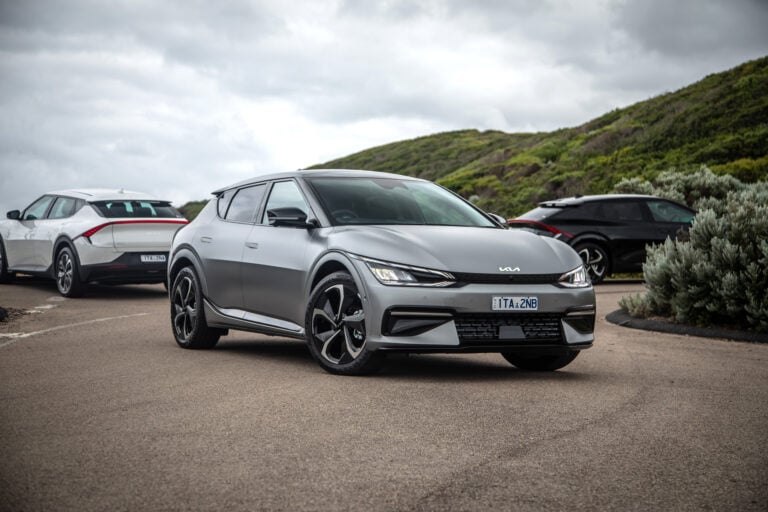 News
NewsAustralia can't get enough of the Kia EV6. But neither can Kia...
How Kia's hottest ticket could be hamstrung by supply issues
-
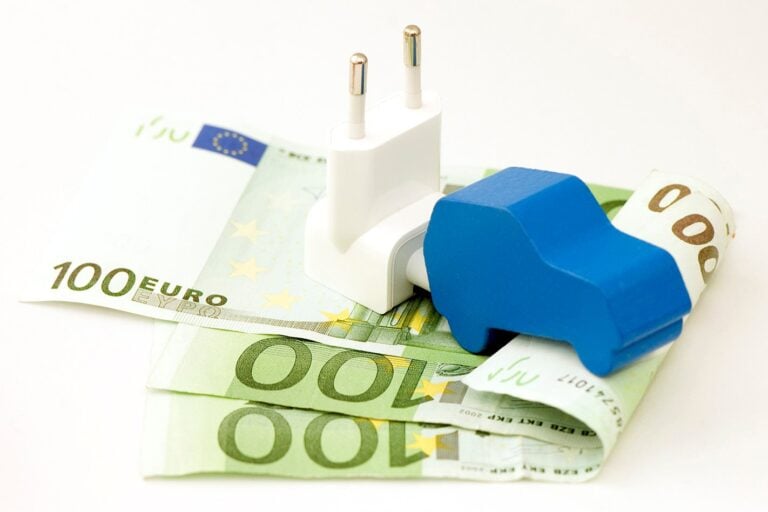 News
NewsEVs that qualify for incentives in Australia 2022
Despite five states now offering a subsidy/rebate for electric vehicles, not many models actually qualify



